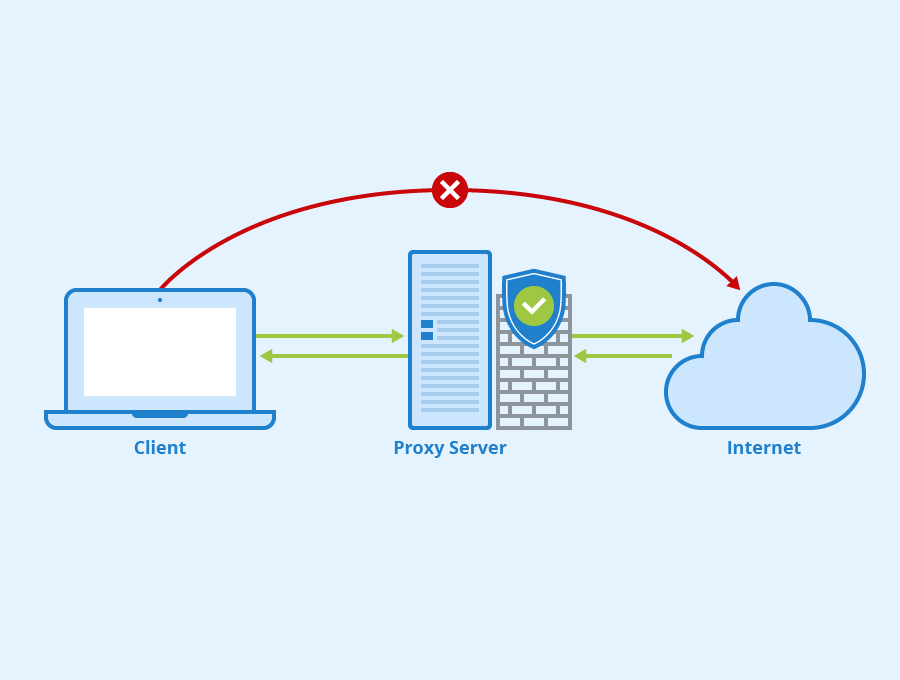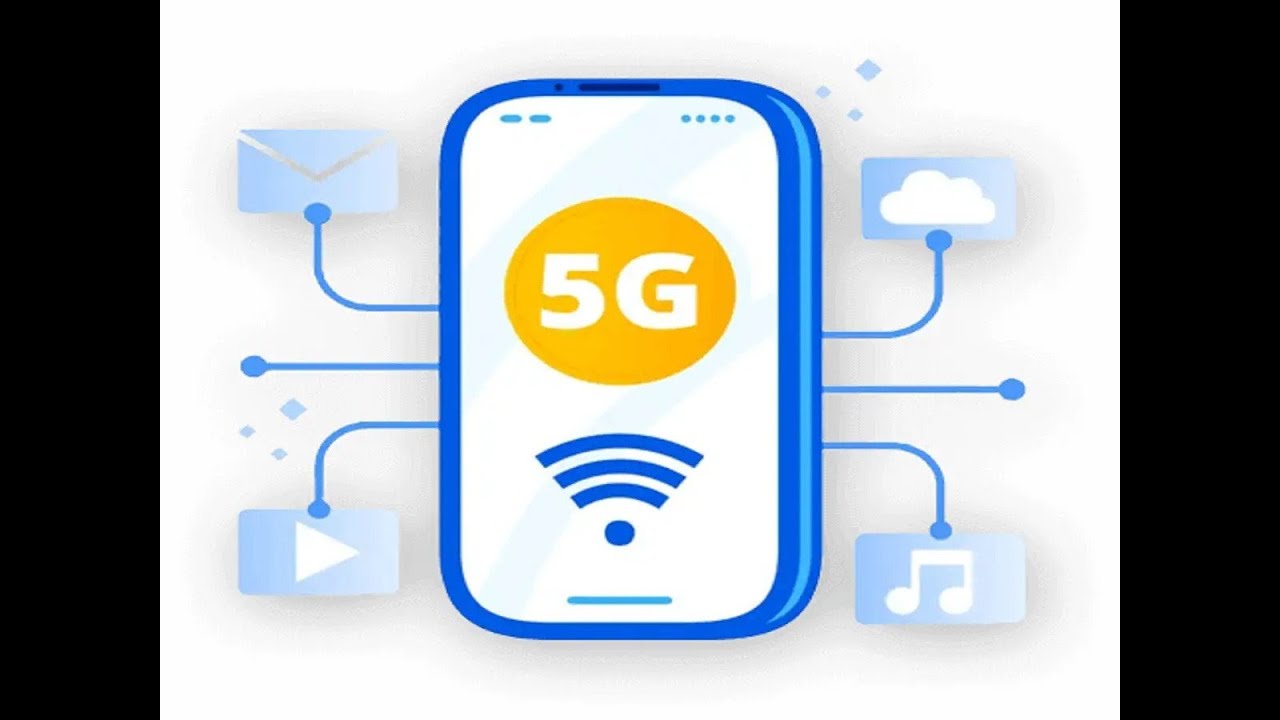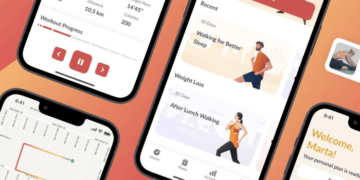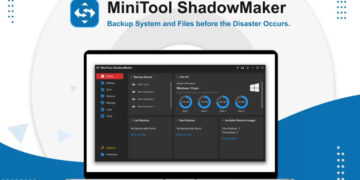The speed of innovations is incredible. We have gone from room-sized computers that can only count to smartphones in a bit more than fifty years. But consumer technology isn’t the only thing affected by the speed of innovations.
Online security is also developing fast, and at the forefront are proxies. 5G proxies are the most efficient and secure way to change your IP address. Many useful internet tasks are improved while using them.
What are Proxies?

In case you haven’t heard, proxies (or proxy servers) act as intermediaries routing your connection to the Internet. What this effectively means is that websites and other Web services can only see the proxy connecting. Your original identity remains concealed.
This is because you are no longer sending your IP address to the websites. It is a string of numbers (recently, also letters due to ipv4) that uniquely identifies every Internet device and its location.
By knowledge of your IP, websites and Internet providers can track your actions and impose restrictions. Using proxies allows you to remain anonymous and bypass various restrictions, such as those of gero-location.
But using proxies has two significant drawbacks – the connection becomes slower and websites can detect when you are using one.
Two Drawbacks of Proxies
Anonymous proxies seem to solve the first problem. When a proxy redirects your requests, it can either tell the website’s server it is a proxy. Anonymous proxies are the ones that don’t tell this information and actively conceal you are using one.
However, websites have other ways of detecting proxy users. One of them is by flagging specific IP addresses and sending them CAPTCHA requests or blocking the connection.
Such a problem occurs for datacenter proxies that, although fast, are created virtually in bulk. The data center Internet connection, which these proxies use, is thus easily recognized.
Residential proxies avoid this mistake by using physical devices to host proxies and having IP addresses verified by the ISP. As such, they allow users to blend in with the common traffic.
But these proxies suffer from the first problem we mentioned earlier – they are slower. Fortunately, Mobile proxies can avoid both of these issues and have some additional benefits on top.
Why Mobile 5G proxies are better?
Mobile proxies are intermediary servers that run on mobile devices and use cellular data. As a result, they can have a verified and unique IP address and be quite fast.
Cellular towers are widespread as more users are browsing with mobile Internet than other types. The technology of mobile Internet is also rapidly developing, with speeds increasing every few years as a new generation is developed.
5G proxy technology is the latest addition to mobile proxies. These proxies are significantly faster than 3G or even 4G counterparts. The reason is not just the newest generation mobile Internet.
5G can only run on new devices, so smartphones or tablets running proxies on them are also better performing in general. This is important since mobile Internet technology is working a bit differently than usual Internet.
Every time a 5G mobile device connects to a cellular tower, it is assigned a different IP address. This is done to not overload the tower and helps it provide Internet to devices on the go.
For this reason, 5G devices are constantly in communication with the towers. They are sending a signal with their location, and the tower responds with the best way to connect.
As a result, Mobile IP addresses are constantly changed. Some providers even change IP addresses for devices that remain stationary. It’s a complicated process of managing thousands of devices, cellular towers, and the IP addresses they have at their disposal.
The benefits of 5G proxies

The unique functioning of mobile proxies, coupled with the speed of 5G and powerful devices, brings a few notable benefits over other proxy types.
Rotating IPs. Mobile proxies are Rotating by definition. So, switching between mobile IP addresses is perceived as normal by websites. Whereas if a device with the same fingerprint rotates multiple residential or datacenter proxies, it looks suspicious and might result in a ban or CAPTCHAs..
Location targeting. Although the IP address is Rotating, the providers set up mobile proxies in one place. So, 5G proxies can target specific locations in urban regions as the cellular network is quite dense. This is especially true for cities where even neighborhoods have a dedicated tower.
Legitimacy. No matter how we count, Mobile Internet users create the lion’s share of the whole internet traffic. It is easy to blend in with this crowd, and most websites or services are reluctant to restrict mobile IPs as it would affect a large share of their users.
Mobile-only services. Even if you can bypass geo-restrictions by other means, not everything is accessible. Most websites have mobile versions that are accessible only to such visitors. Some even try to detect trying to bypass these restrictions as information (for example, prices) is different on mobile versions.
Two unique use cases of 5G proxies
All the benefits of 5G mobile proxies won’t mean much if we don’t consider their use cases.
Managing multiple social media accounts is much faster if you use automated software. But the best social media marketing tools are PC-based, and many popular platforms (such as TikTok or Instagram) are only available for mobile users. The only solution is to use the mobile process to access these services.
Web scraping also has a similar problem. It’s the practice of using automated bots to gather publicly available data. But not all data is available for PC users, and setting up web scrapers on a phone is hardly possible. Mobile proxies once again emerge as a great solution.
Conclusion
5G mobile proxies can achieve everything an ordinary proxy can but better. They have legitimate IPs and rival the fastest landline internet connections. But we have only scratched the surface as the best exploration of 5G mobile proxies is actually using them.













































